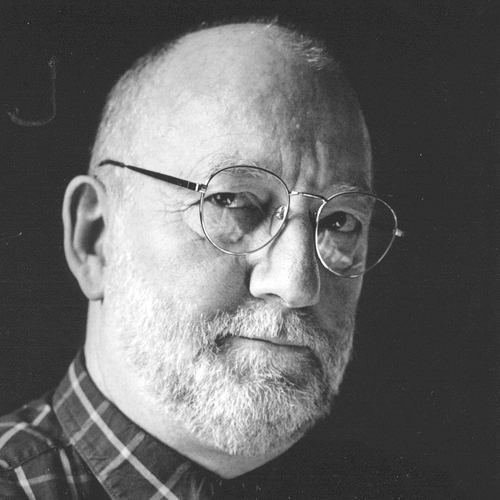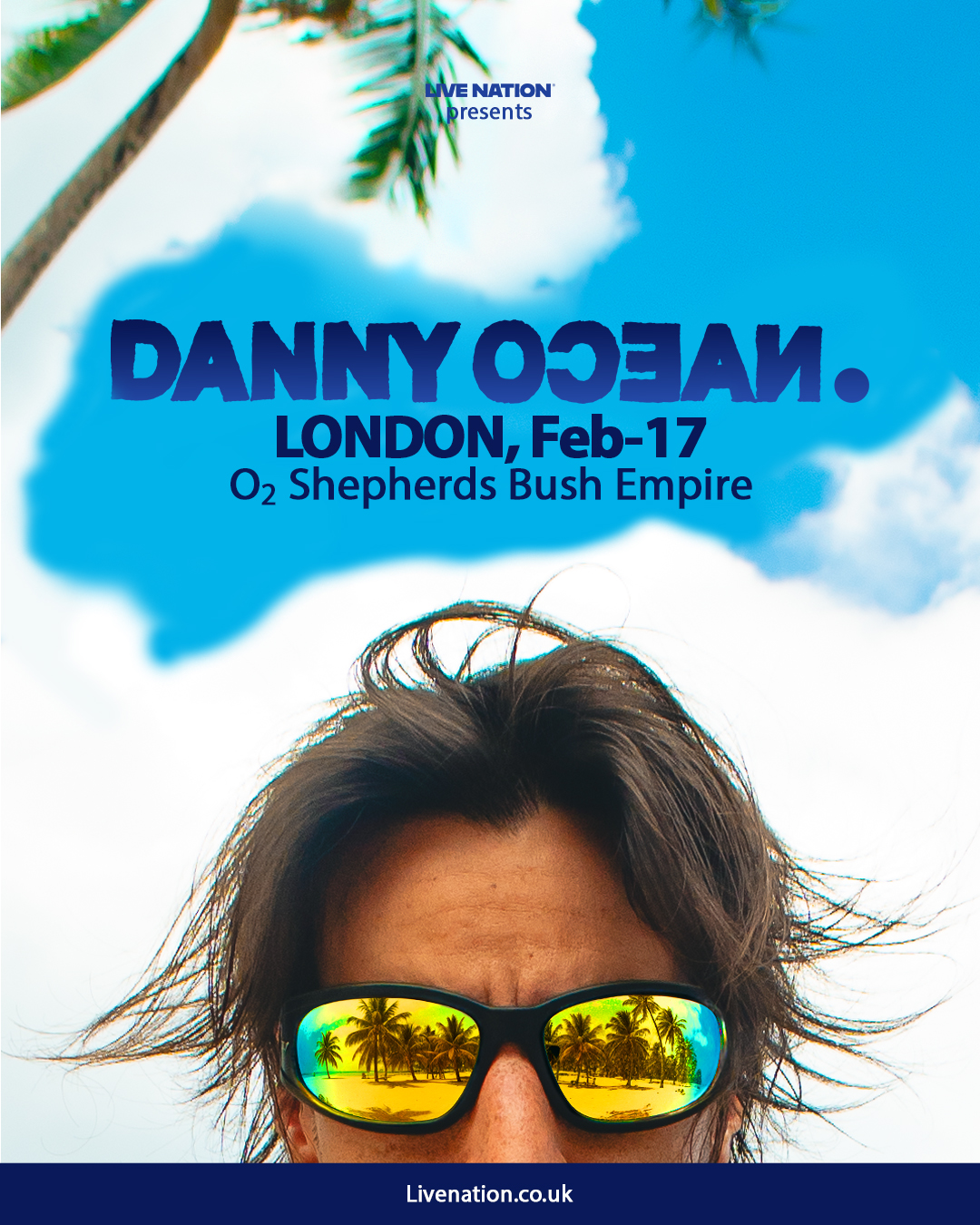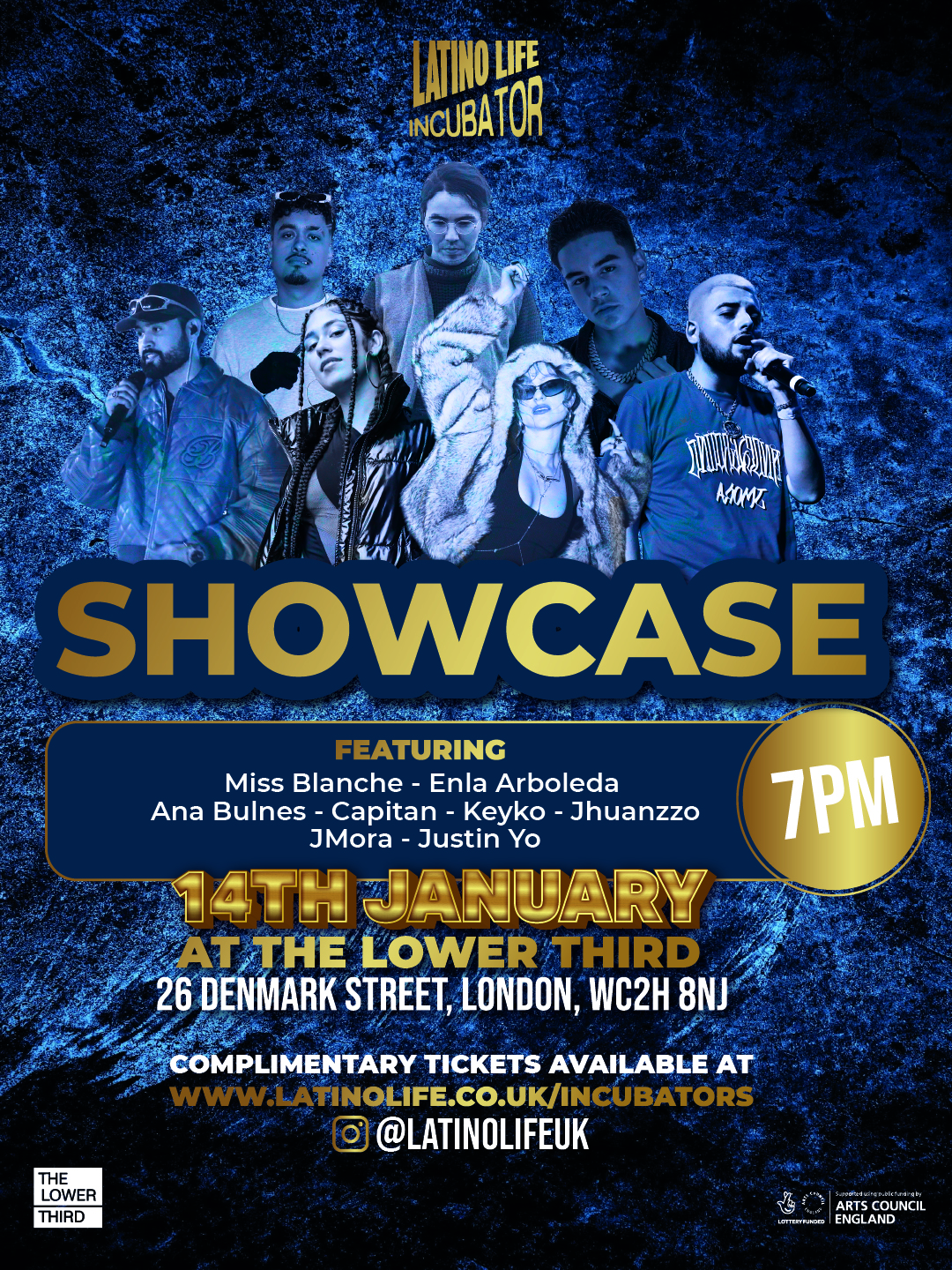Venezuela under Hugo Chávez has been experiencing a period of profound revolutionary change for more than ten years, change that has dramatically affected the politics, the economy, and the culture of the entire country. New sectors of society, hitherto wholly marginal to the political process, have been brought in to the centre of decision-making, obliging former important players to take an unaccustomed role as reluctant observers. The result has been a prolonged period of conflict, involving every aspect of public life – the organisation of the political system itself, the development of the economy, the changing framework in which health and education policies are constructed, and the way in which culture is perceived.
The new participants in government and their supporters are for the most part inexperienced and naïve, well-intentioned but without blueprints, moving ahead opportunistically by trial and error, sometimes with success but often caught in a blind alley. That is what revolutions are like. The nostalgic adherents of the ancien regime, for their part, deplore what has been taking place. They remember with advantages what was good about the old days, and forget the fact that society was once controlled and organised for the benefit of the privileged few, ignoring the needs and desires of the many.
Venezuela is not, and never has been, a country rich in culture, either indigenous or imported. In the colonial era it was an impoverished provincial outpost. It has no great colonial towns to compare with Quito, Lima, or Mexico City. It has no 19th century urban developments to compare with Buenos Aires, Santiago or Rio. Today’s urban centres in Venezuela are pale copies of the American South – Atlanta, Dallas or Houston – the constructions of the nouveau riche in a prolonged period of unexpected oil wealth in the 20th century.
There was a moment, more than half a century ago, when the state devoted huge funds to public projects. Carlos Villanueva, the country’s most famous architect and the designer of much public housing in Modernist style as well as the magnificent Universidad Central of Caracas, started the transformation of the city. Yet in subsequent years, although Venezuela still has many architects, most have been employed in the design of palazzos for the wealthy rather than public housing for the poor.
Compared with other Latin American countries Venezuela has few intellectuals: no great writers, few good artists, a handful of minor novelists and historians; no significant dramatists or film-makers. Books are hugely expensive and there are virtually no bookshops. Not a cultural desert exactly, but not an important stopping-place on a tour of the continent. Only in the area of popular music can Venezuela hold its head high. From regional folk music to the black sounds of the Caribbean, a brilliant subterranean culture is now breaking the surface, creating original and authentic sounds that reach far beyond the frontiers. And of course the country’s tradition of military bands has provided the expertise and helped to fuel the classical music phenomenon of “El Sistema”, the now world-famous system of country-wide youth orchestras, developed over the last thirty years.
Before the Chavez era there was something that might be described as “white settler culture”, the search for a European-style culture that would satisfy the needs and desires of European immigrants. This had always been a feature of 19th century Venezuela, and it became ever more pronounced in the boom years after the development of oil production in the 1920s. Hundreds of thousands of European immigrants came to Venezuela to enrich themselves, and a local culture developed to service their needs. They were provided with music, theatre and art of a kind they were familiar with from Europe, and a handful of enterprising cultural entrepreneurs began to examine the local arts and crafts and folk song, much as was happening in Europe at the same time. Venezuelan culture before 1999 was sustained and produced for, and designed for the benefit of, the prosperous (but tiny) middle class.
In the glory years subsequent to the oil boom of the 1970s, middle class artists, writers, theatre directors, film-makers, and museum curators had a wonderful time, richly financed by a benevolent state and by the foundations set up by wealthy businessmen on an American pattern. They travelled the world, kept up to date with global trends, and rejoiced in their cosmopolitan life-style. When Hugo Chávez won the presidential elections in 1998, this cultural elite was amazed, knocked sideways, and completely unable to appreciate the revolutionary sea-change that was about to occur in their country. All they could see was a provincial and uneducated army officer, clearly emerging from the hitherto disregarded under-class of mestizos, indigenous peoples and blacks that had long made up the great mass of the population, and alarmingly determined to advance the interests of the majority population at the expense of the former elite. Faced with this challenge, almost all Venezuela’s cultural practitioners sided with the political opposition in their attempt to overthrow the new government. They had done well under the ancien regime, they saw no reason to change their allegiance. Tragically, for the future of traditional bourgeois culture, they continued to support the opposition when it embarked on the anti-democratic coup d’état of April 2002.
Almost all the country’s existing cultural institutions were involved in the support of the coup; they have subsequently lost their directors, their funding, and their practitioners, many of whom simply went into self-imposed exile. In these circumstances, the Chávez government has had to set about creating something new and different. The most important task, given the government’s democratic mandate, has been to devise a cultural policy for the mass of the people, not for the elite. This has involved the extensive use of mass communications. Significantly, when called upon to challenge the domination of television channels by business concerns and conservative representatives of the ancien regime, Chávez put money, not into a state political channel, but into an entirely new cultural channel, Vive TV, set up in 2004, which was given a specific remit to develop participatory television production, designed to allow people to describe the pleasures and conflicts of their daily life. Coupled with the huge expansion of regional and even local radio and TV stations, Vive TV is one of the most interesting cultural experiments in the whole of Latin America, taking television cameras into the poorest barrios of the cities and into the remotest areas of the country, and reflecting back to them, and to more privileged neighbourhoods, the nature of the society that all of them share.


















